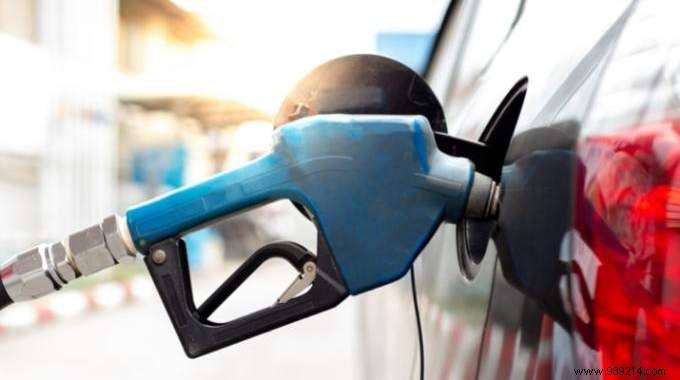
The choice of fuel, namely gasoline or diesel, arose for any motorist wishing to acquire a car. But, how to decide? Follow our explanation to make your choice.
The choice of car often depends on the choice of engine, and therefore the choice of fuel.
Should I opt for a petrol version or on the contrary a diesel version? Let's see the different possibilities available to us.
For people concerned about environmental issues, the choice of a petrol engine is historically privileged.
Although the gap has narrowed in recent years, unleaded remains a less polluting fuel than diesel.
However, the gasoline version does not only have advantages because it is more expensive on a daily basis due to the price of gasoline at the pump.
When comparing the diesel and gasoline versions in terms of cost, the diesel wins the round. Indeed, for all people who have a regular or daily need for their car, diesel has two major advantages :
1. A diesel engine consumes much less than a petrol engine
2. Its price at the pump is lower because the price per liter of diesel always costs less.
Also, the engine of a diesel car has a longer lifespan.
The choice to opt for a diesel engine therefore seems to prevail but, before you decide, also know that the purchase price of a diesel car is higher than that of a petrol one. This applies whether your car is new or used.
The price difference is on average 1500 euros, but tends to decrease due to the many promotional offers from manufacturers such as "A diesel car at the price of gasoline" for example.
The consequence of this difference in the purchase price is therefore played out on the fuel consumption that you will have in the year. The more kilometers you will cover, the more you will benefit from favoring a diesel engine in order to achieve pretty savings!
Go for a diesel version if:
- you take your car regularly and you cover at least 20,000 km per year,
- you want to keep your vehicle for a minimum period (1 year and a half / 2 years) to make the difference on purchase profitable.
In other cases, we recommend a petrol version;-).
As we have seen, it is often difficult for motorists to choose between petrol and diesel. From an economic point of view , the diesel however, seems to prevail.
Although its purchase price is on average 1500 euros higher, it is quickly offset by the savings made at the pump .
The more you drive during the year, the greater your savings will be. Indeed, if it is estimated that you are filling up a full 50 euros per week, you will need less than 8 months to make this difference profitable and be profitable. (50 x 4 =200 euros per month --> 200 x 8 =1600 euros).
The choice is therefore quickly made, especially since the resale prices are largely in favor of diesel vehicles. At equal mileage, the Argus favors the diesel version since the discount starts beyond 25,000 km per year for a diesel against 15,000 km per year for a gasoline.
Thesavings at the end of the year can therefore be interesting for all people considered to be "good riders" (more than 20,000 km/year). For all the others, the question remains open because the cost of maintenance, the comfort of use and the noise of the vehicle are all factors that can tip the balance in the other direction .
And you, are you more petrol or diesel?